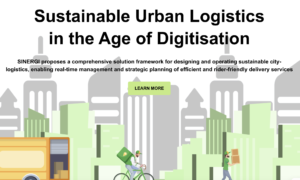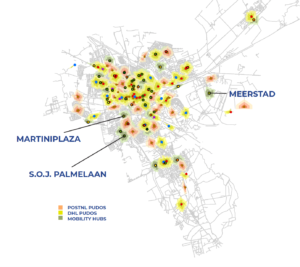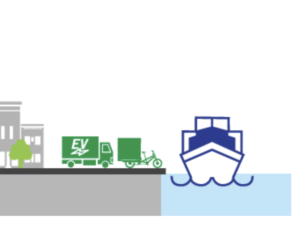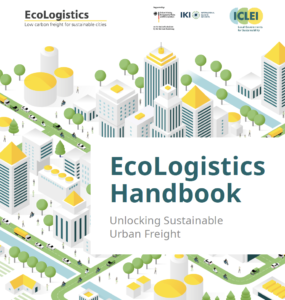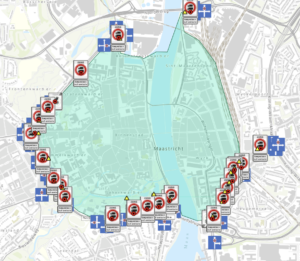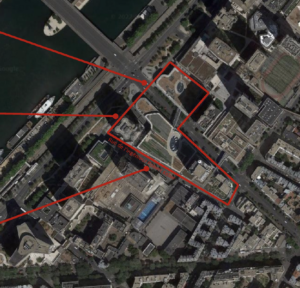The potential of Freight Demand Management in cities
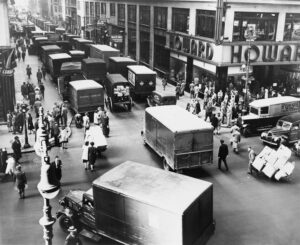
A new paper quantifies the potential Freight Demand Management (FDM) market in metropolitan areas. The authors define FDM and describe the various initiatives that could be undertaken to reduce the externalities produced by freight traffic. These changes involve altering the demand patterns enacted by the receivers of supplies. The term Freight Demand Management (FDM) is the area of transportation …

